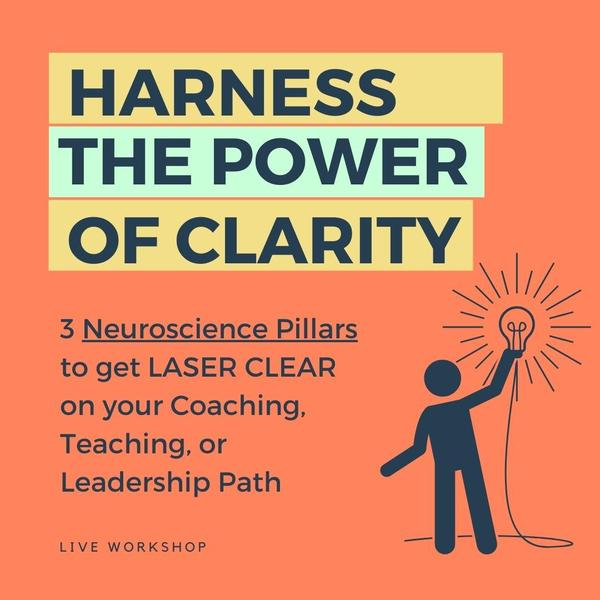Mindset is more than just a psychological construct or theory; it's a mechanical and signal-based process.
Our mindsets are shaped by micro-movements, vibrations, and signals that we absorb from our surroundings.
These signals influence how our brain networks fire and eventually form Predictive Attentional Algorithms that lead us to focus on certain thoughts, facial expressions or stimuli, and interpret them in repetitive ways.
Learn more about this in my Talks at Google...
Our early life experiences play a big role in shaping our responses to people and events.
Our brains are not born with full self-regulation capabilities; these develop over time through interactions in our earliest environments. The way we respond to stress or how we communicate can often be traced back to these foundational experiences.
However, despite the influence of our past, the human brain is capable of change.
The first step in this transformation is awareness.
When we recognize that our reactions and internal dialogues may be rooted in past, we allow our brain to open us up to new possibilities.
This is because simply becoming aware that we have a mindset about something activates NEW NEURAL CIRCUITRY.
There is brain activity that relates to becoming aware of ourselves and our responses. Stanislas Dehaene calls this our 'global conscious workspace':
“When we say that we are aware of a certain piece of information, what we mean is just this: the information has entered into a specific storage area that makes it available to the rest of the brain"
-Stanislas Dehaene, Consciousness and the Brain
This workspace allows for new, suppress-and-switch activity to happen in areas of the prefrontal region as well as other areas like our default mode network. The more we activate networks of self-awarness, the more we have a chance of choosing our responses more flexibly.
This cognitive flexibility* helps us break free of our ingrained patterns. This can help us move into a more exploratory and open mindset.
*cognitive flexibility is a key to self-mastery. See Harvard Center on the Developing Child Working Paper about executive functioning and the role of cognitive flexiblity
We can't get around the fact that this will be influenced by our past experiences.
But we can have some influence on how we view ourselves, our failures, and the behaviors of others in ways that open up NEW POSSIBILITIES. The way to do this starts with awareness that a new way of viewing the world and ourselves is POSSIBLE.
From there, our responses to setbacks, irritations, frustrations and other challenges can take new shape and lead to new results.
Without awareness that we have a mindset, it becomes hard to create desired change.
In my conversation with Mike Abrams at Talks at Google, we go into the actual brain mechanics of mindset, how it's built from our past, and how we can update our brain to have a future WE WANT.
I'm honored that my talk made it into the Talks at Google 2024 Year in Review!
“Education is the main accelerator of our brain.”
-Stanislas Dehaene How We Learn: Why Brains Learn Better Than Any Machine . . . for Now
*please note that the suggestions and exercises offered in these articles, podcasts and videos are not offered as a substitute for professional mental health care or medical care and are not intended to diagnose, treat or cure any mental health or medical conditions.
Are you at a crossroads of how and where to spend your energy for attracting new opportunities, clients and a sense of fulfillment?



